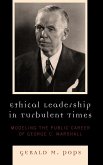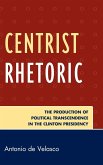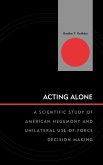This book uses John Dewey to articulate discursive practices that would help citizens form better intellectual and moral relationships with their fragmented, shifting political environment. These practices do not impart more or better information to citizens, but instead consist in dialog exhibiting rhythms and patterns that increase their interest in inquiring how distant events and communities affect their individual lives. The basis for these practices can be found in Dewey's claim that teachers can lead class discussions with particular "aesthetic" qualities that encourage students to expand the scale of the realm of events that they deem important to their lives. The ability to forge moral and intellectual links with distant political events becomes all the more necessary in our current environment-not only are individuals' lives increasingly affected by global events, but also such events constantly shift across an increasingly "liquid" social landscape comprised of decentralized institutions, instantaneous communication and easy transportation. Dewey saw early on how such "aesthetics" of society, or its spatial and temporal qualities, might undermine citizens' understanding and concern for the larger public. This concern for how the movement and location of elements of the social environment might affect citizen perception ties Dewey to many contemporary geographers, economists and social theorists normally not associated with his work. If Dewey's classrooms were to be reinterpreted as political associations and his teachers as organizers, individuals discussing the origins of their seemingly local issues in such associations could forge passionate moral connections with the contemporary liquid public. Subsequently, they might begin to increasingly care for, participate in global politics and seek solidarity with seemingly distant communities.








